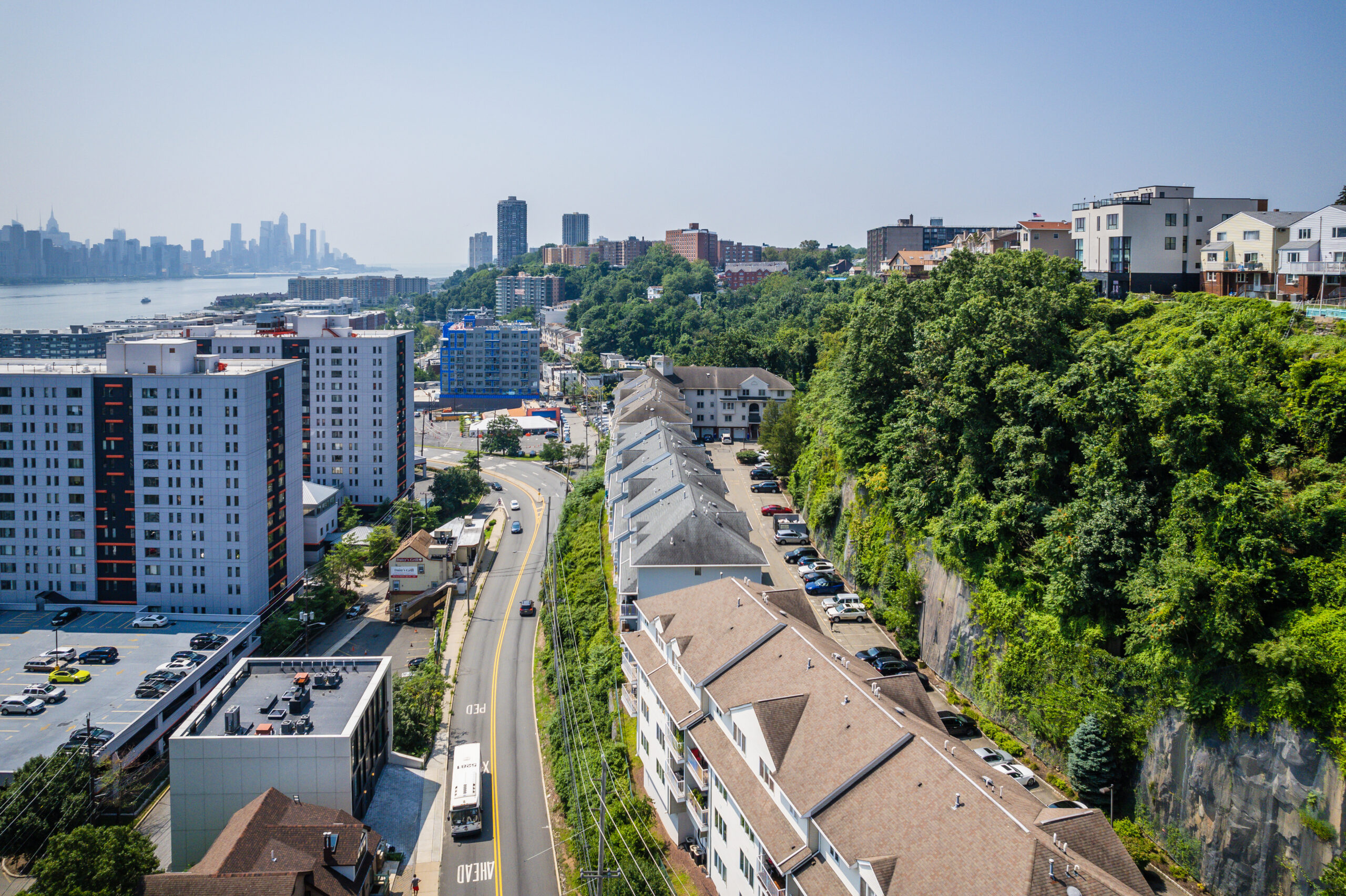
On January 8th, New Jersey Governor Phil Murphy took a crucial step in ensuring building safety by signing into law S2760/A4384, commonly referred to as the Structural Integrity Bill. This legislation, a response to the 2021 Champlain Tower South Condominium collapse in Florida, aims to prevent similar tragedies in New Jersey. Let’s delve into the key components of this groundbreaking law, which focuses on two essential aspects: structural integrity and reserves.
Structural Integrity Highlights
The law defines “Covered Buildings” as condominium associations and cooperatives with specific load-bearing systems, emphasizing concrete, masonry, steel, or hybrid structures, including heavy timber and buildings with podium decks. Exceptions are made for apartments and single-family homes.
Inspection Timelines
For “Covered Buildings,” an initial inspection of the “Primary Load Bearing System” must occur within 15 years of receiving a certificate of occupancy or 60 days after observable damage. Specific timelines apply based on the issuance date of the certificate.
Required Maintenance
If inspections reveal necessary maintenance, associations must perform it, following plans filed with the municipality. The governing board can authorize assessments or loans for corrective maintenance, ensuring the safety of residents.
Capital Reserve Study
The law amends the Planned Real Estate Development Full Disclosure Act, making it mandatory for all associations (with exceptions for those with less than $25,000 in common area capital assets) to obtain a capital reserve study and a 30-year funding plan.
Associations, whether existing or newly formed, must complete a reserve study within specified timelines. The study should be conducted by a licensed engineer, architect, or a reserve specialist, as per defined qualifications.
Funding Requirements
The statute mandates that associations fund reserves based on the study’s recommendations. Borrowing from reserves is allowed under specific guidelines, addressing inadequacies in current funding.
Deficiency Resolution
Associations with inadequate funding as of January 8, 2024, must address deficiencies within stipulated timelines, ensuring financial adequacy and stability.
New Jersey’s Structural Integrity and Reserves Legislation mark a significant step toward enhancing building safety and preventing potential disasters. By prioritizing inspections, maintenance, and adequate funding, the state aims to protect residents and uphold the integrity of its built environment.
